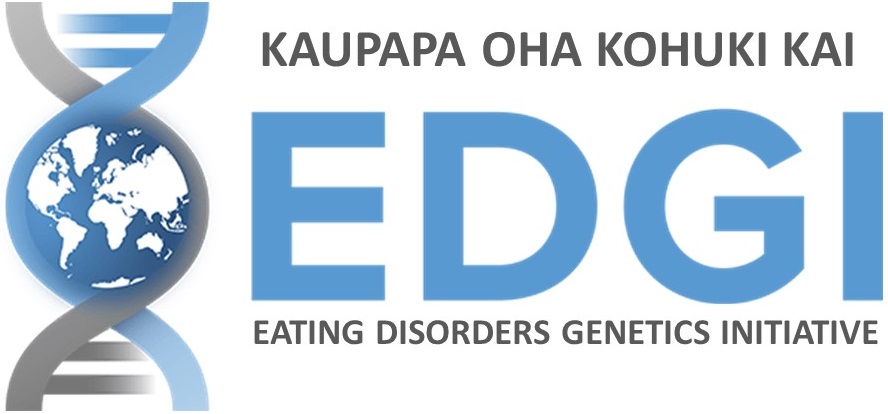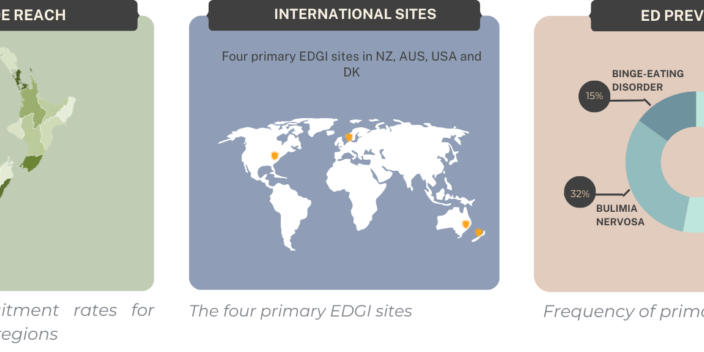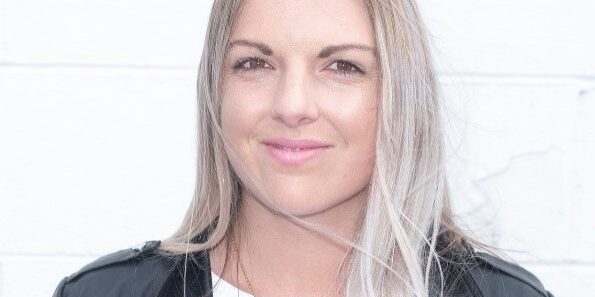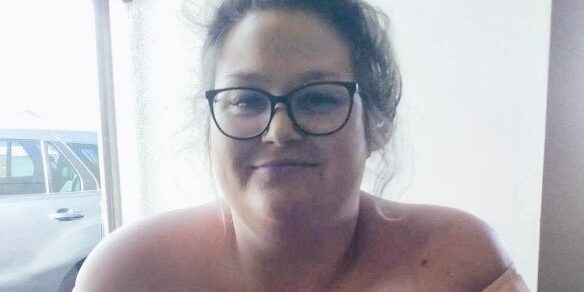Megan’s story
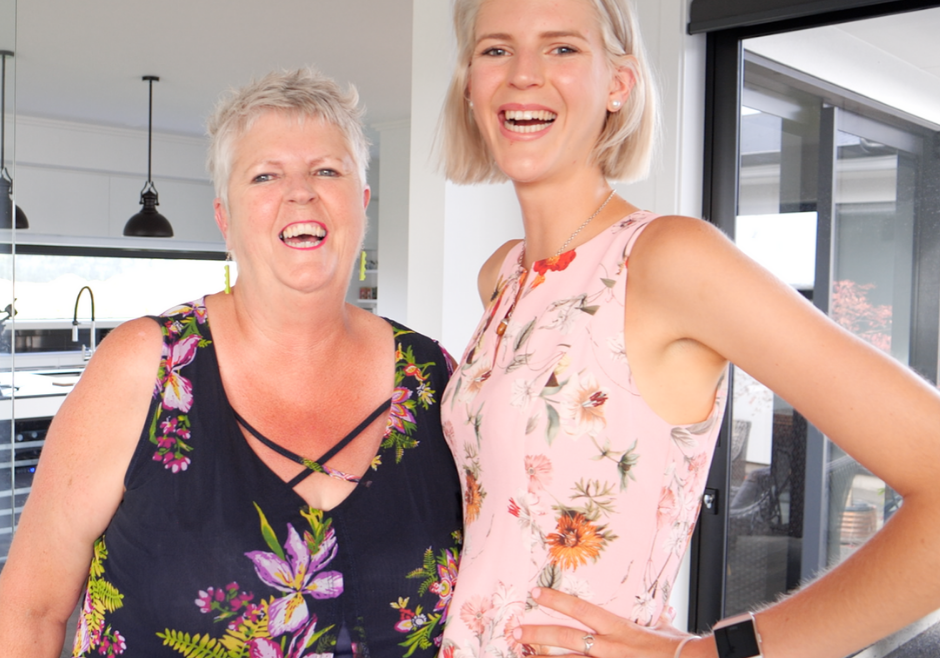
‘Health navigator’ who spent eight years grappling with anorexia nervosa, CHRISTCHURCH
Megan, 23, Christchurch, is a dedicated ‘health navigator’, who works with individuals to overcome medical and mental health challenges that hinder them from returning to work or study. Her occupation rings close to her heart, given the eight years she has spent working to overcome a crippling eating disorder.
Megan was formally diagnosed with anorexia nervosa at the age of 16. For many months in the lead up to Megan’s diagnosis, her mother, Trudi grew increasingly concerned, as she watched her teenager shed substantial weight and spiral into a battle with the potentially life-threatening disease.
A concerned phone call from a school counsellor eventually forced Megan to seek medical help, which catapulted her toward recovery.
Having since mounted a full recovery, Megan wishes to share her story in order to encourage others living with eating disorders, to start a conversation, seek help, and overcome the stigma surrounding the illnesses.
This is Megan’s story.
For Megan, living with an eating disorder was paradoxical.
“Living with an eating disorder was like having both your best friend and your worst enemy’s voices inside your head, all day, every day.
“The best friend “voice” was always there to support me and accompany me, albeit supporting terrible tendencies and habits,” said Megan.
“The worst enemy “voice” was abusive and derogatory, and said things to me that I would never utter to my worst enemy.”
Megan’s eating disorder robbed her of many opportunities and experiences, including the formation of relationships, and attendance at various social events.
“My eating disorder robbed me of so much of my life. It ruined so many opportunities for me, including the opportunity to make, and keep friends, to lead a fulfilling life.”
For a long time, Megan’s mother, Trudi, watched helplessly as her daughter’s health deteriorated, her weight plummeted and her obsessive control over food spiked.
“It was hell watching Megan’s health decline. It felt like there was nothing I could do to take her pain away,” Trudi said.
It was nearly 12 months before a school counsellor’s concerned phone call to her mother prompted Megan’s visit to a doctor, and her subsequent referral to the South Island Eating Disorders Service, which resulted in a diagnosis of anorexia nervosa.
Megan’s heart rate was so low, that her doctors ordered her to take three months off from school on bed rest, and to attend school part-time for the remainder of her schooling.
Due to the ravaging impact of anorexia nervosa on her body, Megan developed amenorrhea, with which she continues to struggle today.
Over the ensuing four years, Megan was in consistent outpatient care for her eating disorder, during which she also spent several month-long stints of inpatient care.
Megan describes her journey towards recovery as a roller coaster, largely due to the constant temptation to slide back into her destructive habits.
“When I was in the grip of anorexia nervosa, it was all consuming.
“My biggest challenge was to not only overcome my eating disorder, but to also determine who I was without the eating disorder,” said Megan.
“My experience with anorexia nervosa was largely control-driven, noting I also battled other mental health disorders from a much younger age, including anxiety, depression and social phobia, all of which left me feeling out of control.
“Because I felt so out on control, food became something I could control, and no matter how much anyone tried to convince me otherwise, my rational brain just could not see logic,” Megan said.
Trudi describes the struggles she faced in playing Megan’s mother and carer.
“So much of Megan’s experience with anorexia nervosa was an overwhelming blur. But my husband and I had to just step up and help her get through it. There was no alternative.
“There were some days when the enormity of it all would bring me to tears. I would beat myself up because I could see the hurt and anguish that Megan was facing,” said Trudi.
“Thankfully, we had a great network of friends and a supportive family who were able to help us through this tumultuous time.”
Eventually, armed with the invaluable guidance, support and help of her parents, psychologist, dietitians and nurses, Megan developed the necessary coping mechanisms and determination to avoid what she describes as “a very dark, lonely and unhealthy place”.
“I am in a good space now. I have been very open about my experience, and I am happy to share the challenges I faced. This will hopefully encourage others who are experiencing symptoms of an eating disorder, to seek help and play a role in minimising the stigma associated with eating disorders,” Megan said.
Megan is supporting the New Zealand arm of the Eating Disorders Genetics Initiative (EDGI).
“I’m definitely convinced there is a genetic component to eating disorders, given I have four family members who have experienced disordered eating.
“I am fully supportive of EDGI, because much more research needs to be done to better understand the causes of eating disorders,” said Megan.
